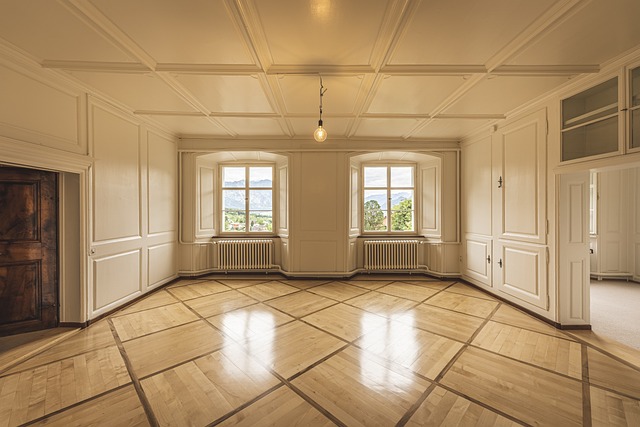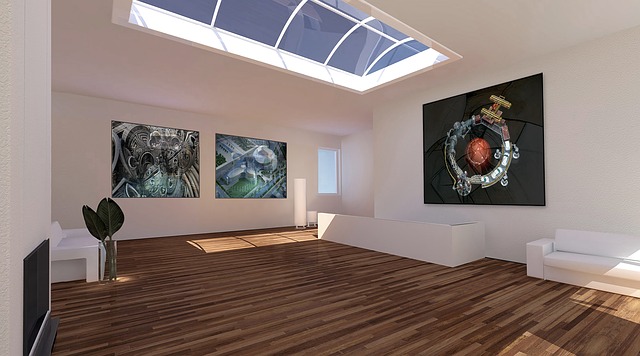In shared student living environments, prioritizing privacy involves open communication, clear boundaries, and securing personal spaces both physically (with locks) and digitally (using strong passwords and security settings). Student living tips emphasize setting house rules, regular check-ins, and conflict resolution through active listening and compromise to build a supportive community where everyone feels valued and respected. These measures help create a safe, comfortable, and harmonious shared housing experience.
Sharing student housing is a great way to save money and build community, but prioritizing privacy can be challenging. This guide offers essential student living tips for navigating shared spaces with respect and comfort. From understanding your legal rights to setting clear boundaries, securing physical and digital privacy, and fostering open communication, these strategies empower you to thrive in your student housing environment while maintaining a sense of personal space.
- Understanding Your Privacy Rights in Shared Student Housing
- Setting Boundaries: Communicating with Roommates and Housemates
- Securing Your Personal Space: Physical and Digital Measures
- Building a Supportive Community: Tips for Open Communication and Conflict Resolution
Understanding Your Privacy Rights in Shared Student Housing

Knowing and understanding your privacy rights is a fundamental first step in ensuring a safe and comfortable shared student living environment. In many countries, tenants in shared housing have specific legal protections that guarantee their right to privacy. These rights can vary depending on local laws and the terms of your tenancy agreement, so it’s essential to familiarize yourself with them. Your privacy extends beyond simply having a private room; it encompasses control over personal spaces, access to belongings, and respect for your personal boundaries.
Student living tips often emphasize the importance of open communication with roommates and setting clear expectations early on. Establishing house rules regarding common areas, noise levels, and visitor policies can create a harmonious living space. Additionally, securing personal items with locks is a practical measure to safeguard belongings from unauthorized access. By understanding your privacy rights and taking proactive steps, students can make the most of their shared housing experience while maintaining a sense of security and respect for personal boundaries.
Setting Boundaries: Communicating with Roommates and Housemates

Privacy is a precious commodity in shared student living spaces, and establishing clear boundaries with your roommates and housemates is a crucial step to achieving it. Open communication is key; initiate conversations about personal space and time early on. Respecting each other’s need for solitude or quiet study time can go a long way in fostering a harmonious environment. You might agree on specific areas of the house as quiet zones, set aside dedicated spaces for individual activities, or establish times when everyone agrees to minimize noise.
Regular check-ins and transparent dialogue will help you navigate any potential conflicts that may arise from differing privacy preferences. Remember, these discussions are not about controlling others but about finding a balance that works for everyone involved, ensuring that your shared living space remains both comfortable and private.
Securing Your Personal Space: Physical and Digital Measures

In shared student housing, securing your personal space is paramount for maintaining privacy. Physically, this involves installing locks on doors and windows to prevent unauthorized access. Additionally, consider using security devices like alarms or smart locks that integrate with apps, allowing you to monitor access remotely and receive alerts when someone enters your room.
Digitally, protecting your privacy means being mindful of your online presence. Use strong, unique passwords for all accounts and enable two-factor authentication where possible. Be cautious about the information you share on social media platforms, and remember that door-to-door or in-person interactions should also be approached with caution. Student living tips include regularly updating security settings on your devices to ensure your personal data remains secure.
Building a Supportive Community: Tips for Open Communication and Conflict Resolution

In shared student housing, building a supportive community is key to enhancing everyone’s privacy and overall well-being. Open communication is the foundation for this. Start by establishing clear rules regarding personal space, noise levels, and respect for each other’s belongings during discussions from the outset. Regular check-ins can also help address any concerns or issues promptly.
Conflict resolution techniques are essential tools for maintaining harmony. When disagreements arise, take a step back, listen actively to each other’s perspectives, and try to find common ground. Compromise is crucial; be open to adapting your habits or routines to accommodate your housemates’ needs, just as they might need to consider yours. Remember, effective communication fosters understanding, strengthens relationships, and contributes to a peaceful living environment, ensuring everyone feels valued and respected.






